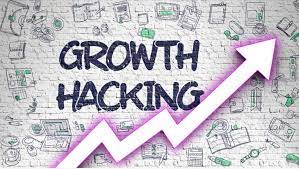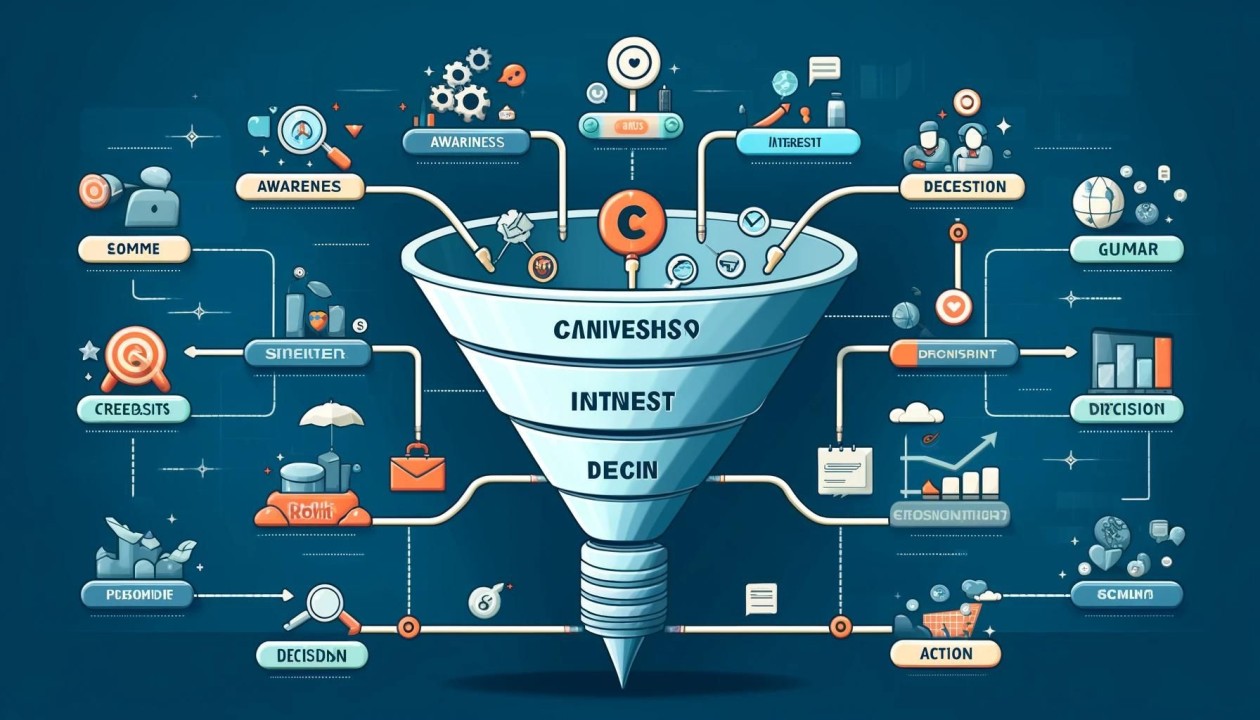INTRODUCTION:

Scaling a business is one of the most challenging yet rewarding stages for any entrepreneur. Whether you’ve built a successful startup or have been operating a small business for years, the next step involves scaling operations, increasing revenue, and expanding your market reach. But scaling isn’t just about throwing money at the problem—it’s about being strategic, efficient, and innovative. In this article, we’ll dive into several proven business growth hacks that can help you scale your company for the next level, providing you with actionable insights and strategies you can implement right away.
1. Leverage Data to Make Informed Decisions:
One of the most powerful growth hacks is making data-driven decisions. In today’s digital world, data is at the core of business innovation. By analyzing key metrics and customer behavior, you can gain deep insights into what’s working—and what isn’t. For example, tracking customer acquisition cost (CAC), lifetime value (LTV), and churn rate can reveal patterns that help you optimize marketing spend, improve your product, and refine customer retention strategies.
Lesson: Use analytics tools like Google Analytics, HubSpot, or Kissmetrics to track user behavior, identify pain points in your sales funnel, and test different strategies to improve conversion rates.
Actionable Tip: If you haven’t already, implement A/B testing in your marketing campaigns and landing pages to identify what resonates best with your audience. Small tweaks can lead to big improvements in conversion rates.
2. Automate and Streamline Operations:
As your business grows, so does the complexity of daily operations. Scaling requires efficiency, and one of the best ways to achieve this is through automation. Automating repetitive tasks like email marketing, invoicing, social media posts, and customer support (via chatbots) frees up valuable time for more strategic initiatives.
Lesson: Automation allows you to do more with less, reducing human error, saving time, and improving overall operational efficiency.
Actionable Tip: Implement tools like Zapier for workflow automation, Mailchimp for automated email marketing, and tools like Intercom or Drift for customer service automation.
3. Develop a Strong Referral Program:
Word-of-mouth remains one of the most cost-effective marketing strategies, and a well-designed referral program can help accelerate your growth. By rewarding your existing customers for bringing in new ones, you create a powerful loop of organic growth. Successful companies like Dropbox and Airbnb have used referral programs to achieve rapid user acquisition.

Lesson: People trust recommendations from friends or colleagues. Create a system where customers are incentivized to spread the word about your product or service.
Actionable Tip: Design a simple referral program where customers get rewards such as discounts, free products, or exclusive access for every successful referral they make.
4. Focus on Customer Retention, Not Just Acquisition:
It’s easy to get caught up in the chase for new customers, but retaining existing ones is often more profitable. In fact, research shows that acquiring a new customer can cost five times more than retaining an existing one. By focusing on customer satisfaction and loyalty, you can reduce churn and boost revenue.
Lesson: Loyal customers tend to spend more over time, provide valuable feedback, and refer others to your business, making retention strategies just as important as acquisition efforts.
Actionable Tip: Implement a customer loyalty program or create personalized experiences for your customers. Regularly engage with them through email newsletters, surveys, and feedback loops to keep them coming back.
5. Form Strategic Partnerships:
Strategic partnerships can be a game-changer when it comes to scaling your business. These partnerships can help you tap into new markets, expand your distribution network, or leverage another company’s expertise and resources. Whether it’s through co-marketing, joint ventures, or affiliate programs, the right partnerships can accelerate growth without the need for massive investment.
Lesson: Partnerships give you access to a wider audience and provide a mutually beneficial relationship that can help scale faster than you could on your own.
Actionable Tip: Identify companies with complementary products or services and propose mutually beneficial partnerships. For instance, if you offer accounting software, a partnership with a business consulting firm could allow you to cross-promote to each other's client base.
6. Optimize Your Sales Funnel:
Your sales funnel is the path that leads potential customers from awareness to conversion, and optimizing this funnel is essential for scaling. Understanding where customers drop off or lose interest allows you to refine your approach and boost conversion rates. Small changes in how you nurture leads or guide them through the funnel can have a significant impact on your overall revenue.

Lesson: An optimized sales funnel ensures that your leads are continually nurtured, moving them closer to making a purchase decision.
Actionable Tip: Use tools like CRM software (Salesforce, HubSpot) to track customer interactions, identify where drop-offs occur, and implement strategies to reduce friction in the buying process.
7. Increase Your Product’s Value Proposition
One way to scale your business rapidly is by improving the value you provide to customers. This can mean adding new features to your product, improving the user experience, or creating complementary services that add more value. The more value you provide, the more likely your customers are to stay, refer others, and become repeat buyers.
Lesson: Continuously improving your product ensures that you’re not just meeting customer expectations, but exceeding them. This drives customer satisfaction and loyalty, which are critical for long-term success.
Actionable Tip: Solicit feedback from your existing customers through surveys or reviews, and use that information to make improvements. Regularly release product updates to keep customers engaged and satisfied.
8. Expand Your Revenue Streams:
Diversifying your revenue streams is one of the smartest ways to scale a business without depending on just one source of income. Microsoft, for instance, succeeded by licensing its software to other businesses and developing new products like cloud services. Similarly, businesses today can create recurring revenue models through subscription-based services, memberships, and digital products.
Lesson: Relying on a single revenue stream makes your business vulnerable to market changes. Having multiple income channels ensures stability and consistent growth.
Actionable Tip: Consider adding subscription or membership models to your business. If you sell products, explore recurring services, such as maintenance, add-ons, or premium content. This will provide steady cash flow and deepen customer relationships.
9. Embrace Agile Methodology and Experimentation:
In the fast-paced world of business, sticking to a rigid plan can be detrimental. Scaling successfully requires flexibility and the ability to experiment quickly. Agile methodologies, which prioritize adaptability, rapid iterations, and customer feedback, can help you adjust and improve your offerings in real-time.
Lesson: Scaling isn’t a linear process—it requires constant adaptation. Experimentation is key to discovering new opportunities for growth.
Actionable Tip: Create a culture of experimentation within your team, encouraging small but impactful tests that drive innovation. Regularly review performance and adapt your strategy based on results.
10. Invest in Your Team:
As your business scales, so does the complexity of operations. One of the biggest growth hacks for scaling is investing in your team. A strong, talented team will be the backbone of your business’s expansion. Hire people who not only have the right skills but also align with your company’s values and vision.

Lesson: A great team can take your business from good to great. Hire strategically, and focus on building a team that can handle increasing responsibilities as you scale.
Actionable Tip: Invest in team development, provide training opportunities, and encourage open communication. Build a culture where employees feel empowered to take ownership of their roles and contribute to the company’s growth.
Conclusion:
Scaling a business to the next level requires a combination of strategy, innovation, and execution. By leveraging these growth hacks—such as data-driven decisions, automation, strategic partnerships, and customer retention—you can accelerate your business’s growth without overextending resources. Whether you’re refining your product, optimizing your sales funnel, or diversifying your revenue streams, the key is to remain adaptable, persistent, and always focused on delivering value to your customers.


You must be logged in to post a comment.